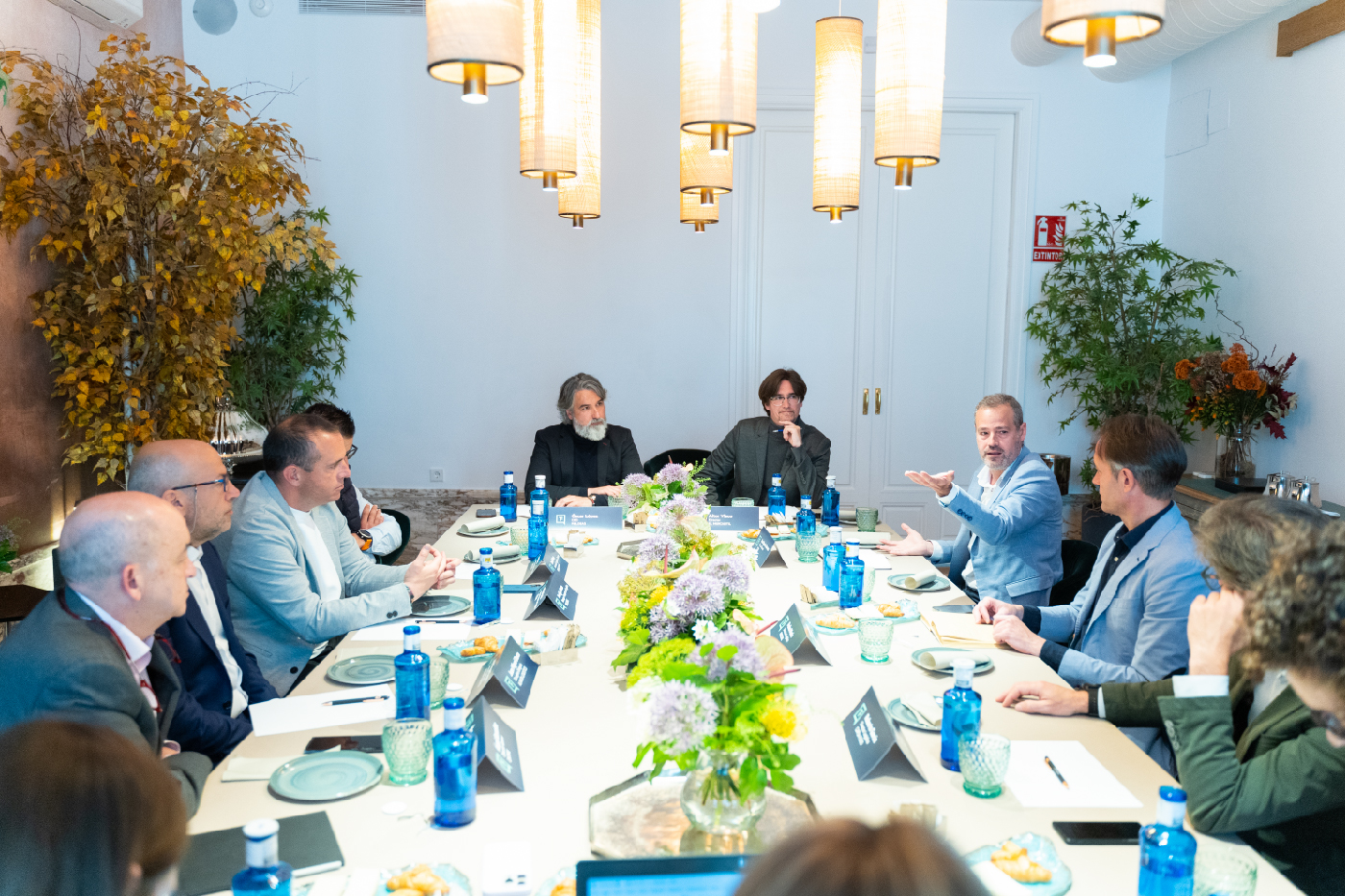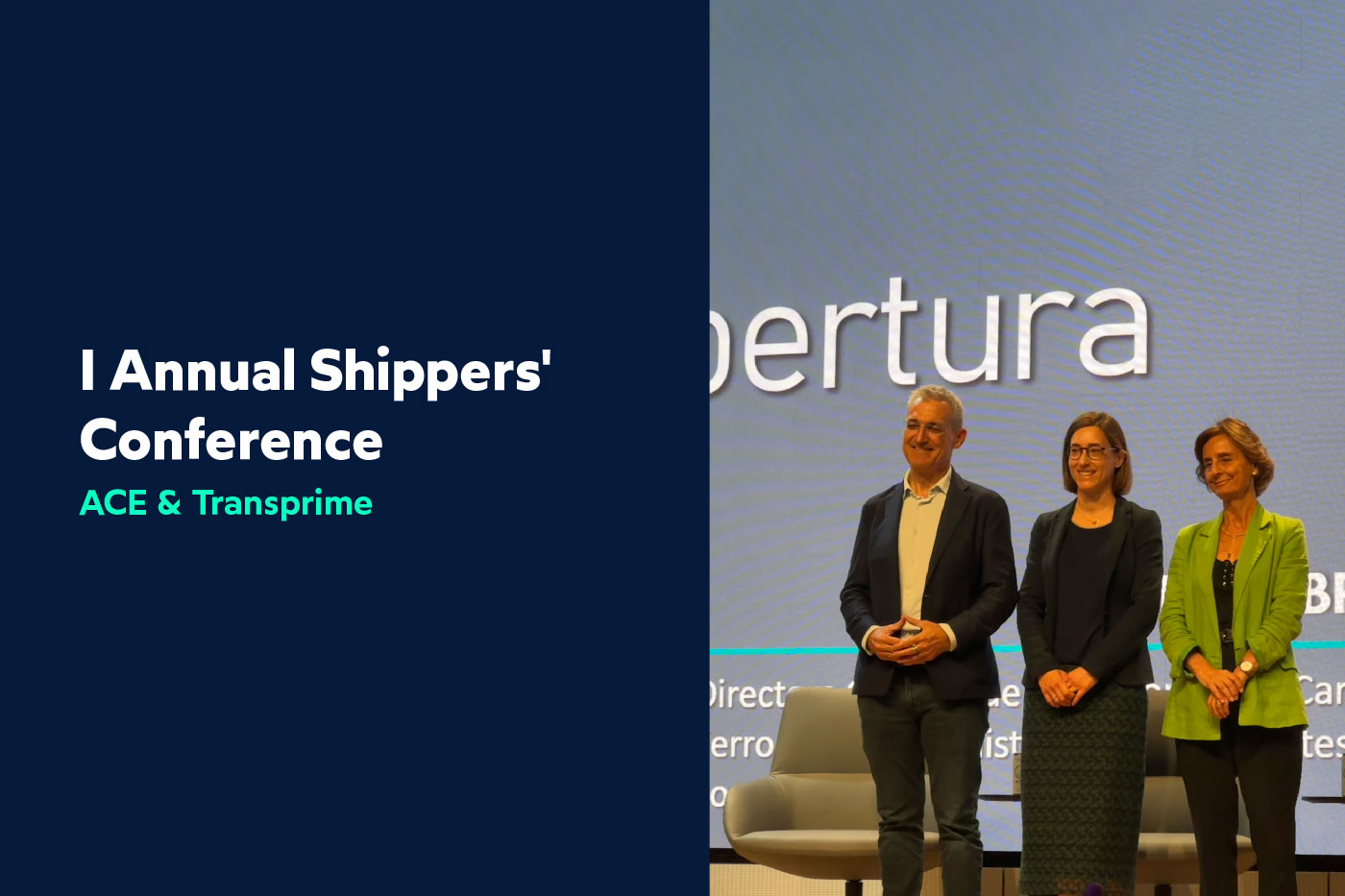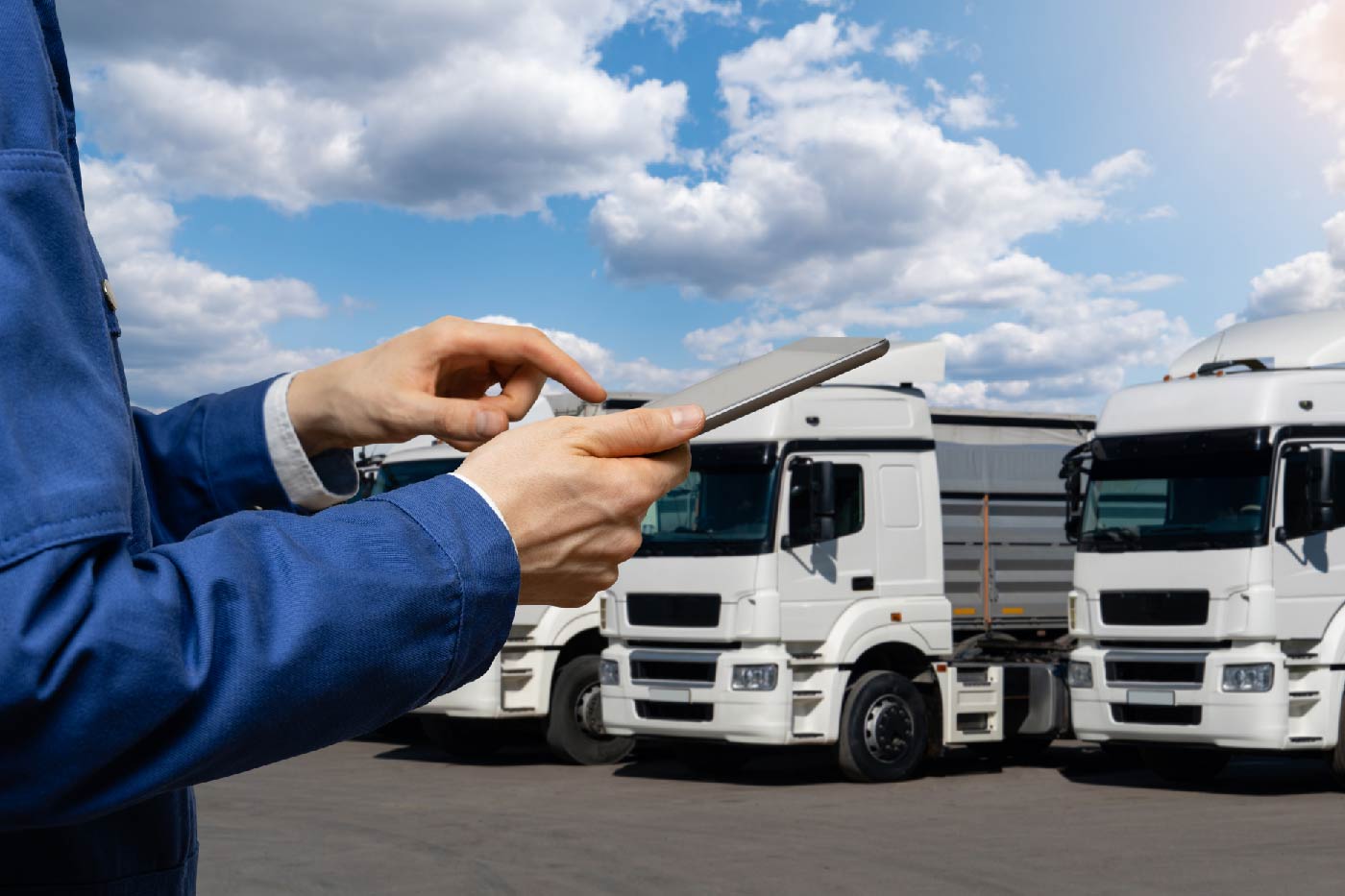The Recovery Plan drawn up by the Government and sent to Brussels gives a leading role to connected and smart mobility.
Specifically, the Ministry of Transport, Mobility and Urban Agenda estimates that more than 6.6 billion euros will be allocated for safe, sustainable and connected mobility.
Likewise, in this area, according to the figures provided by the central government, part of the planned investments will be used to promote the digitalization of transport and logistics.
Specifically, 47.5 million euros have been earmarked for this item, which will be complemented by transfers of a further 220 million euros to the autonomous communities to co-finance digitization projects.
These aids for the digitalization of transport companies aim to break down the entry barriers to the digitalization of the sector, improving its competitiveness and efficiency, as well as service.
In more detail, it is contemplated to move forward in the mandatory use of digital documentation and in the dissemination of the SIMPLE Project.The project is an ambitious initiative to establish a single administrative window through an open and collaborative technological platform that will serve as a homogeneous telematic tool to ensure interoperability between the different modes of transport.
This will be done through the electronic exchange of information that will allow the integrated management of all data and documents in the multimodal logistics chain, as well as the traceability of goods in the different means of transport.
In this way, the Executive placesdigitalization as the greatest challenge for the logistics and transport sector, along with sustainability.

The importance of e-commerce in logistics digitization
In this same sense, it is a commonly accepted opinion that this decade will be the decade of the definitive impulse to the transformation towards a connected, intelligent and sustainable mobility, in its double economic and environmental aspect.
The boom in e-commerce plays a decisive role in these advances, as well as the changes that are taking place in consumer habits, which are forcing the company to innovating in supply chain management to adapt it to the new needs of consumers, which, in a very basic way, can be summed up in the fact that the customer wants his product immediately and through any channel, whether physical or online.
With e-commerce already accounting for a share of all global retail sales of around 20%, according to UNCTAD, years of strong momentum are expected, at least until 2025, and will push for changes in logistics management.
In an increasingly technological scenario, the supply chain is moving towards an unstoppable digital transformation that will allow it to adapt to the new reality and, at the same time, boost competitiveness and efficiency.
Benefits of supply chain digitization
The digitization process offers a series of benefits that take advantage of the increasingly universal accessibility of new technologies, which can be summarized as follows:
- Better management control: Digital management of as many supply chain parameters as possible ensures better management.
- Improved communications with customers: Digitization opens up an instant channel of communication with customers, leading to gains in flexibility and attention.
- Paper savings: The digital transformation means eliminating the movement of paper-based administrative documentation, which facilitates the processing of records, reduces costs and
- Easier administrative procedures: Digital information processing is simpler and more collaborative.
- Focus on productivity: Digitization frees up resources previously allocated to document and administrative work, allowing staff to devote most of their time to generating value through specific activities.
- Better control of the supply chain: Digitization facilitates massive, high-speed processing of data and information, enabling more accurate management, reducing errors and introducing improvement measures, even in real time.
- End-to-end visibility: Digitization provides comprehensive, real-time visibility of the end-to-end supply chain, ensuring total control of the logistics chain from both a tactical and strategic point of view.

Main technologies in logistics digitalization
Within the supply chain, some technologies have more specific applications than others. For example:
- Blockchain: blockchain technology is set to play a decisive role in the security of documentation in supply chains, facilitating interaction between various actors in a way that ensures trustworthy exchanges
- 5G: This new standard in mobile communications will bring even greater speed to communications. Real-time communication will facilitate automation initiatives and make it easier to take control of any unforeseen event.
- IoT: The internet of things promises a massive connection of devices, which will multiply the volume of information and the needs to find a treatment that will allow the transition from a purely reactive supply chain to one with anticipatory capabilities.
- Visibility: The key to logistics management is, as demonstrated by many success stories around the world, in the proper management of information through visibility tools. that allow total control of the chainThis is crucial in an environment where values such as resilience, flexibility and immediacy make all the difference.
FIELDEAS has succeeded in developing a moldable supply chain visibility tool with unique adaptability capabilities in the market.
Thanks to continuous improvement processes and direct contact with some of the main players in the logistics sector, FIELDEAS Track and Trace has become a tool capable of acting as a control tower with end-to-end visibility of end-to-end supply chains, easily adapting to any need.















